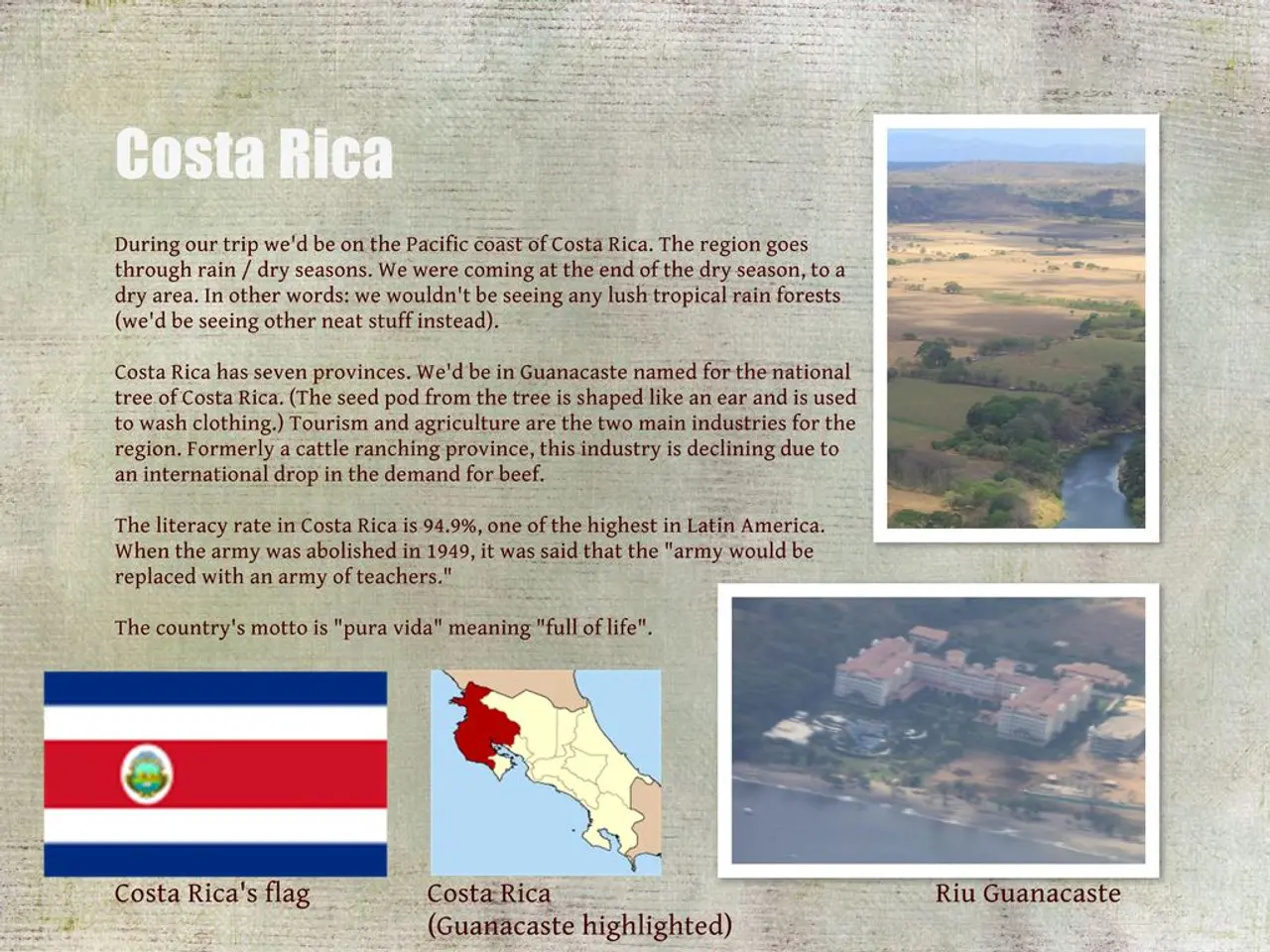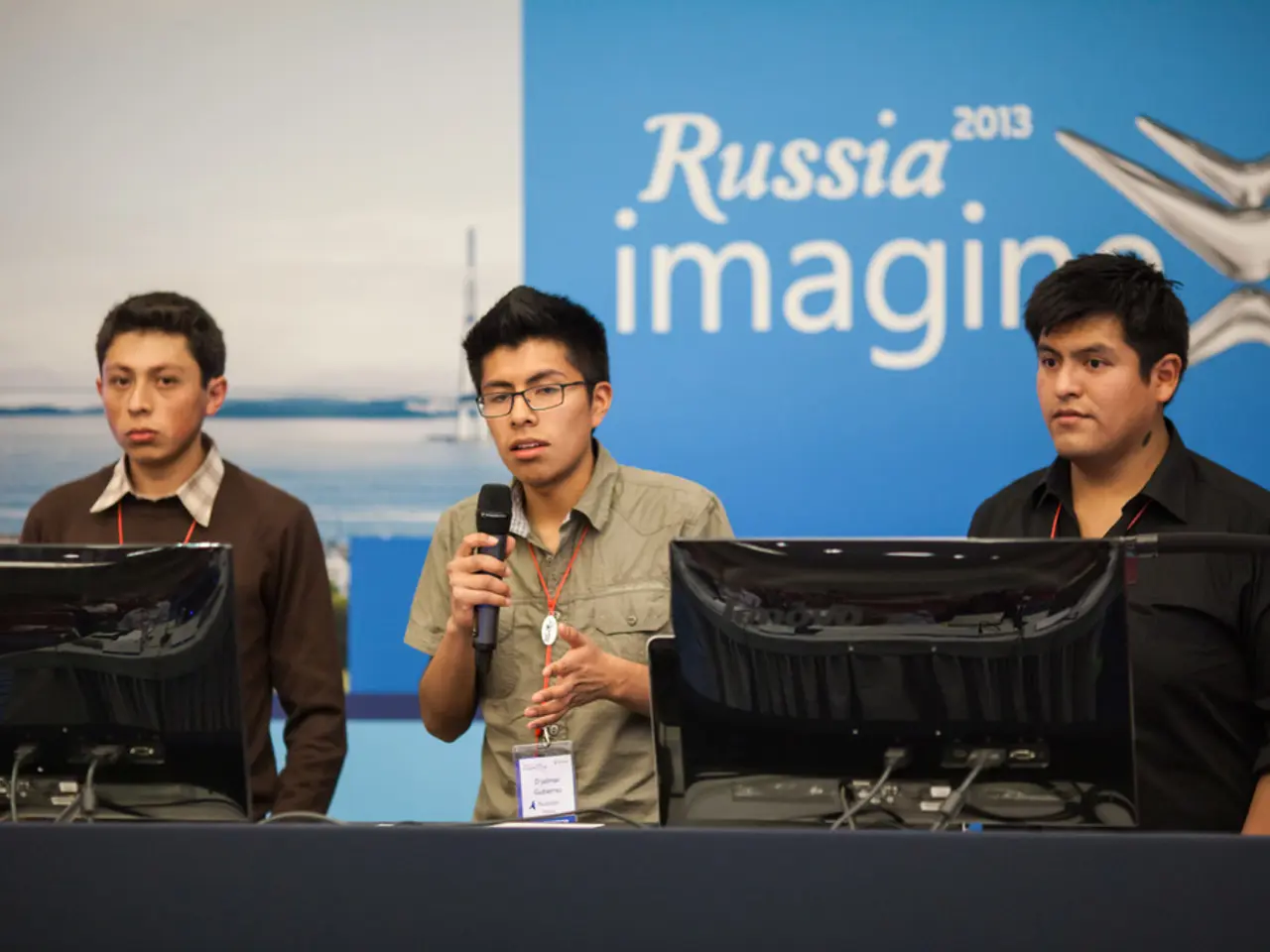India's Prime Minister Narendra Modi lauds promising prospects in the relationship with Trinidad and Tobago.
Indian Prime Minister Narendra Modi's two-day visit to Trinidad and Tobago, marking his first official trip to the Caribbean country, was met with a mix of excitement and concerns. While the visit was expected to strengthen the relationship between India and Trinidad and Tobago, the Anjuman Sunnat-ul-Jamaat Association (ASJA) expressed significant concerns and principled reservations about Modi's visit.
During the visit, Modi focused on the importance of collaboration between the global south and the rest of the world, and discussions revolved around renewing bilateral trade and investment agreements and expanding Trinidad and Tobago's exports to India. The Prime Minister of Trinidad and Tobago, Kamla Persad-Bissessar, announced investments into medical, energy, and technological infrastructure, which were promised by Modi.
However, the ASJA, an influential Muslim organisation in Trinidad and Tobago, has raised concerns about Modi's political legacy and its ramifications for Muslim communities globally. They cited the revocation of Kashmir's special status and the 2002 Gujarat riots as reasons for their concern. The ASJA believes that Modi has emboldened religious intolerance in India and targeted the Muslim minority.
In a statement, the ASJA stated that they cannot ignore Modi's political legacy and its impact on religious minorities, particularly Muslims. They have planned to engage civil society in a public forum on Islamophobia and religious freedom to further discuss these issues, emphasizing advocacy for justice, religious freedom, and human dignity through peaceful and constructive means.
The ASJA intends to write to the Office of the Prime Minister of Trinidad and Tobago and the Indian High Commission to express their concerns. The visit was met with criticism from some members of Trinidad and Tobago's Muslim community, while the Hindu population welcomed Modi.
Modi's speech emphasized the long-standing connections between India and Trinidad and Tobago, describing them as a "powerful symbol" of fraternity and trust between the two nations. He stated that both India and Trinidad and Tobago rose from the shadows of colonial rule to write their own story, implying a continued partnership between the two countries.
Despite the concerns raised by the ASJA, Modi's visit was expected to boost investment in various sectors in Trinidad and Tobago, including energy, health, security, digital artificial intelligence tools, and agriculture. The visit is seen as a significant step in strengthening the relationship between India and Trinidad and Tobago, but the ASJA's stance remains one of cautious engagement coupled with vocal concern about Modi's policies and their impact on religious minorities.
[1] "ASJA expresses concern over Modi's visit, plans public forum on Islamophobia and religious freedom." Newsday, 19 March 2023. [2] "Trinidad and Tobago Muslim group criticizes Modi's visit." Al Jazeera, 18 March 2023. [3] "India-Trinidad and Tobago relations: A new dawn?" The Indian Express, 17 March 2023. [4] "ASJA raises concerns over Modi's visit, cites religious intolerance." Caribbean News Now, 18 March 2023.
- "The Anjuman Sunnat-ul-Jamaat Association (ASJA), an influential Muslim organization in Trinidad and Tobago, has expressed their concerns about India's Prime Minister Narendra Modi's visit, citing his political legacy and its potential ramifications for Muslim communities worldwide."
- "In response to Modi's visit, the ASJA has planned a public forum on Islamophobia and religious freedom, emphasizing advocacy for justice, religious freedom, and human dignity through peaceful and constructive means, as well as writing letters to the Office of the Prime Minister of Trinidad and Tobago and the Indian High Commission to express their concerns."




